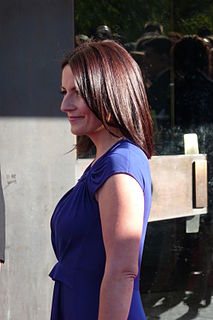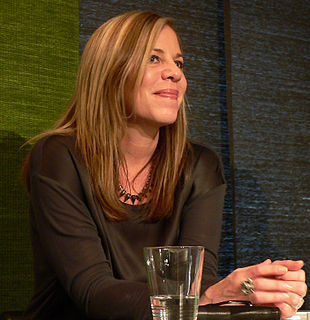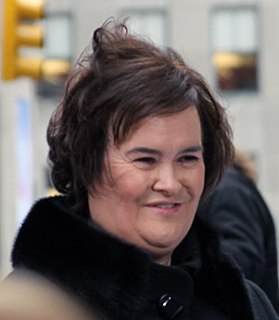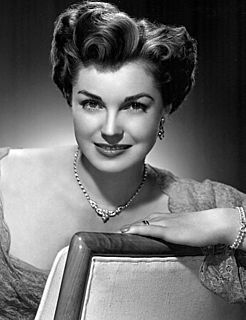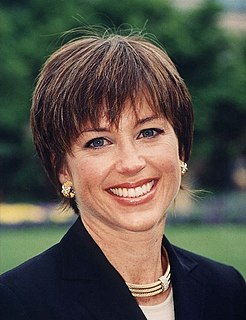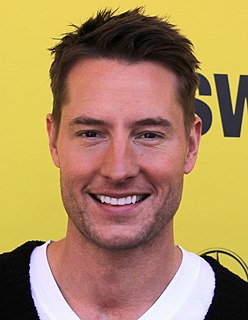A Quote by Davina McCall
When I was 12, my mother took me to nightclubs. She had no idea how to parent.
Related Quotes
The idea of the book ["The Japanese Lover"] came in a conversation that I had with a friend walking in the streets of New York. We were talking about our mothers, and I was telling her how old my mother was, and she was telling me about her mother. Her mother was Jewish, and she said that she was in a retirement home and that she had had a friend for 40 years that was a Japanese gardener. This person had been very important in my friend's upbringing.
Everything just feels so empty without her. She was more a parent to me than my birth parents were. She took me in, fed, dressed me, but most importantly, she treated me with respect. She taught me that my abilities were nothing to be ashamed of, nothing I should try so hard to deny. She convinced me that what I had was a gift-not a curse- and that I shouldn't let other people's narrow minds and fears determine how I love, what I do, or how I perceive myself in the world. She actually made me believe that in no way, shape, or form did their uninformed opinions make me a freak.
One thing I did have under my belt was, my mother lost her mother when she was 11. She mourned her mother her whole life and made my grandmother seem present even though I never met her. I couldn't imagine how my mom could go on but she did, she took care of us, she worked two jobs and had four children. She was such a good example of how to conduct oneself in a time of grief. When I lost my husband, I tried to model myself as much as I could on her.
I was born an ugly duckling due to my mother's ill health. She wasn't supposed to be pregnant, there were all kinds of complications, she couldn't survive a cesarean section etc. She said, "They didn't hand me a child, they handed me a purple melon." I heard that when I had grown up and had no idea of the whole story because the family album had pictures of a covered carriage and my mother smiling so I assumed I was asleep.
"Baby, you know?" my mother once said to me. "I think you're the greatest woman I've ever met - and I'm not including my mother or Mrs. Eleanor Roosevelt in that." She said, "You are very intelligent and you're very kind, and those two qualities do not often go together." Then she went across the street and got in her car, and I went the other way down to the streetcar. I thought, "Suppose she's right. She's intelligent - and she's too mean to lie." You see, a parent has the chance - and maybe the responsibility - to liberate her child. And my mom had liberated me when I was 17.
My daughter is 12, and we have an amazing relationship. She knows without a doubt that she can literally come to me with anything, and I will stifle myself and realize that if it's not what I want to hear, it's more important that she continues to come to me and tell me things and is honest with me than me getting mad at her or giving her my opinion right now. She has figured out a way to make me an amazing parent. She's a wonderful daughter.
My mother was determined that I was going to leave the farm and do well in life. And she thought with the gift, I might be able to do that. So she took in washing. She got a washing machine in 1942 as soon as we got electricity and she took in washing. She washed the schoolteacher's clothes and anybody she could and sent me for singing lessons for $3 per lesson.
